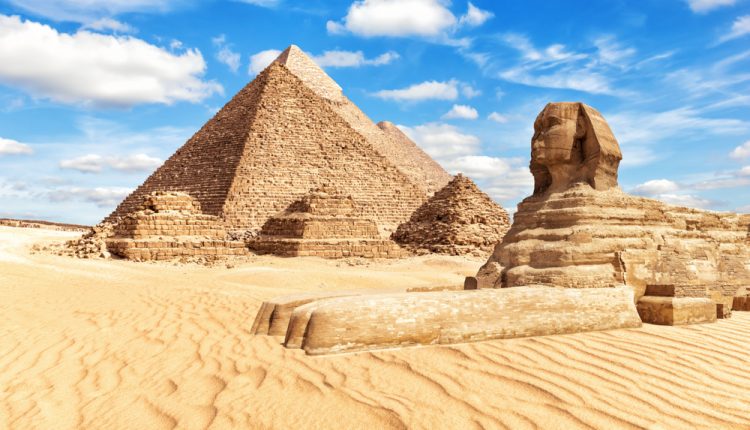Navigating Egyptian Laws as a Tourist
Guide for Navigating Egyptian Laws as a Tourist
Exploring the wonders of Egypt is a dream for many travelers, but it’s essential to be aware of the local laws to ensure a smooth and enjoyable experience. Here’s a practical guide to understanding and adhering to Egyptian laws as a tourist:
1. Visa Requirements:
- Ensure you have the appropriate visa before arriving in Egypt. Check the current visa regulations, as these can change. Most tourists can obtain a visa on arrival or apply for an e-visa before traveling.
2. Respect for Local Customs:
- Egypt is a predominantly Islamic country, and respect for local customs is crucial. Dress modestly, especially when visiting religious sites. Women may be expected to cover their heads in certain places.
3. Photography Restrictions:
- Always ask for permission before taking photos of locals, and be aware of any restrictions in museums or historical sites. Photography is often prohibited in certain religious places.
4. Public Display of Affection:
- Public displays of affection should be avoided, as they are not culturally accepted. Keep personal interactions modest and respectful.
5. Drug Laws:
- Egyptian drug laws are strict, and penalties for drug-related offenses can be severe. It is illegal to possess, use, or traffic drugs, including some prescription medications.
6. Currency Regulations:
- It is illegal to take more than 5,000 Egyptian pounds in or out of the country. Ensure you declare amounts exceeding this limit at customs.
7. Respect for Monuments:
- Treat historical monuments and artifacts with care. Climbing on or touching certain structures may be prohibited, and violations can result in fines.
8. Currency Exchange:
- Use official currency exchange services to avoid legal issues. Exchanging money on the black market is illegal and can lead to penalties.
9. Tipping Culture:
- Tipping, known as “baksheesh,” is a common practice in Egypt. While not a legal requirement, it is customary to tip service providers such as guides, drivers, and hotel staff.
10. Public Intoxication:
- Public intoxication is not tolerated, and drinking alcohol in public spaces is generally prohibited. Enjoy alcoholic beverages in licensed establishments or your accommodation.
11. Curfew and Restricted Areas:
- Be aware of any curfew or restricted areas, especially in regions close to borders. Stay informed about current travel advisories to ensure a safe and legal journey.
12. Engaging with Local Authorities:
- If you encounter any legal issues, remain calm and cooperate with local authorities. Contact your embassy for assistance if needed.
13. Prohibited Items:
- Certain items, such as drones and satellite phones, may require special permits. Familiarize yourself with the regulations to avoid confiscation or legal consequences.
Conclusion:
Respecting local laws and customs is key to having a positive and trouble-free experience in Egypt. By being aware of the legal landscape and cultural nuances, you can immerse yourself in the country’s rich history and vibrant atmosphere while ensuring a lawful and respectful visit. Safe travels!

